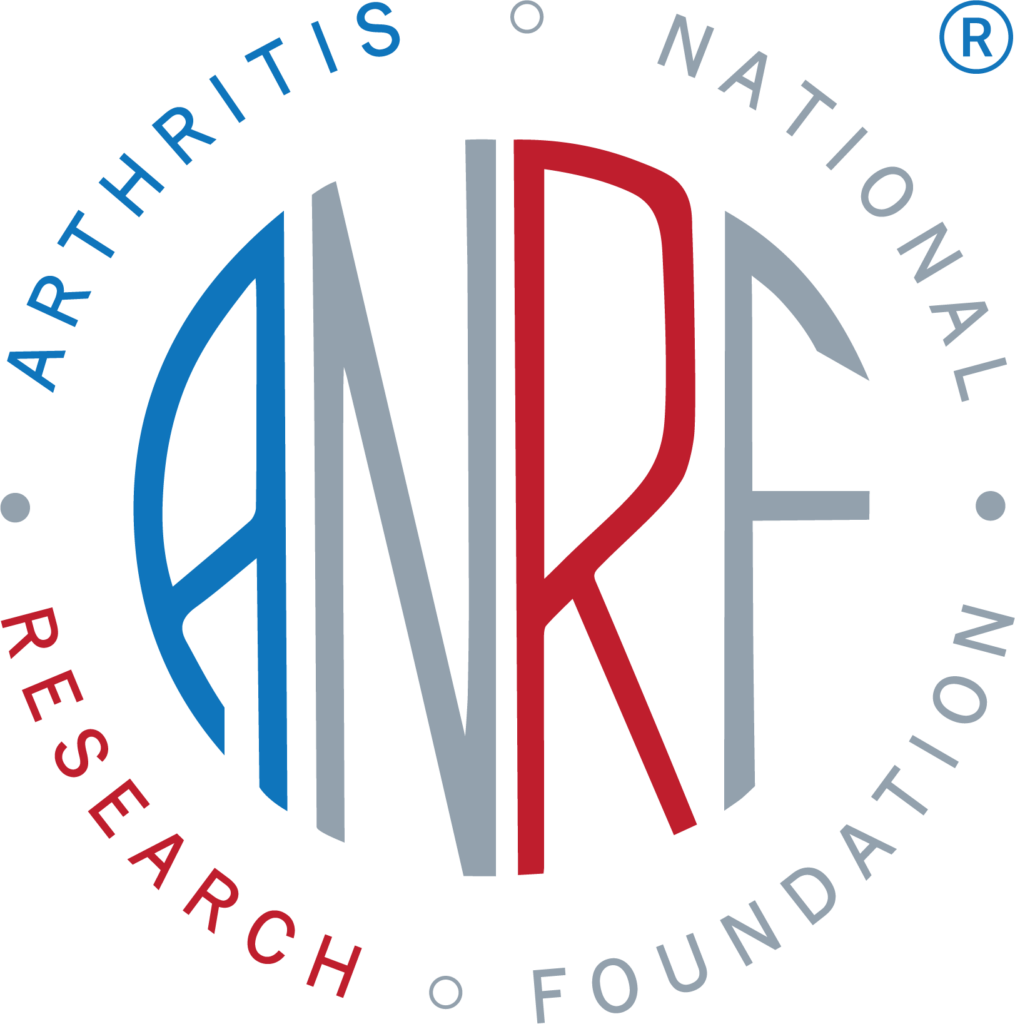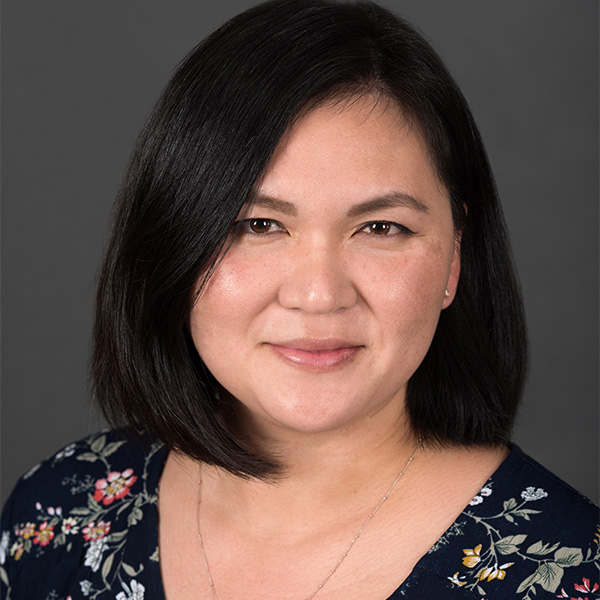Biography
I am a Pediatric Rheumatologist at Boston Children’s Hospital and an Assistant Professor of Pediatrics at Harvard Medical School. My research interest is in site-specific autoimmune diseases, including autoimmune uveitis, with a special emphasis on tissue resident memory T cells and how they contribute to joint-specific memory and arthritis flares.
I obtained my MD/PhD degree from the David Geffen School of Medicine at UCLA. My PhD work helped to define the pleotropic function of galectin-1 and dendritic cells in both immune defense and in the regulation of immune activity. I completed my pediatric residency and pediatric rheumatology fellowship at Boston Children’s Hospital where I joined Dr. Peter Nigrovic’s research group. For the last 8 years, I have been investigating the physiological basis of “joint-specific memory” in arthritis, the biologic phenomenon in which arthritis flares in previously inflamed joints in a pattern that is unique to an individual patient and is stable over time. We established that long-lived tissue resident memory T cells (TRM) develop in arthritic joints and remain in joint during remission. Importantly, TRM are key mediators of arthritis flares and depleting these cells can attenuate flares in mouse models of arthritis. My interest is in defining the drivers of chronic, recalcitrant arthritis and identifying novel approaches to durable arthritis control.
Research Summary:
Most rheumatoid arthritis and juvenile idiopathic arthritis patients experience episodic arthritis flares and require life-long medications to control their disease. We have identified tissue resident memory T cells (TRM) in arthritic joints. TRM are long-lived immune cells that remains in joint tissue during remission and act as key mediators of arthritis flares. Notably, we demonstrated in animal models that depleting these cells can attenuate arthritis flares. Thus, understanding how TRM form in the joint will help us design new therapies that can prevent arthritis flares. Our findings suggest that inflammatory cytokines can stimulate cells in the joint tissue to promote TRM formation. Using a newly developed three-dimensional organoid model of human joint tissue, we will interrupt these mediators of TRM differentiation and test novel approaches to prevent flares in experimental models of arthritis.






